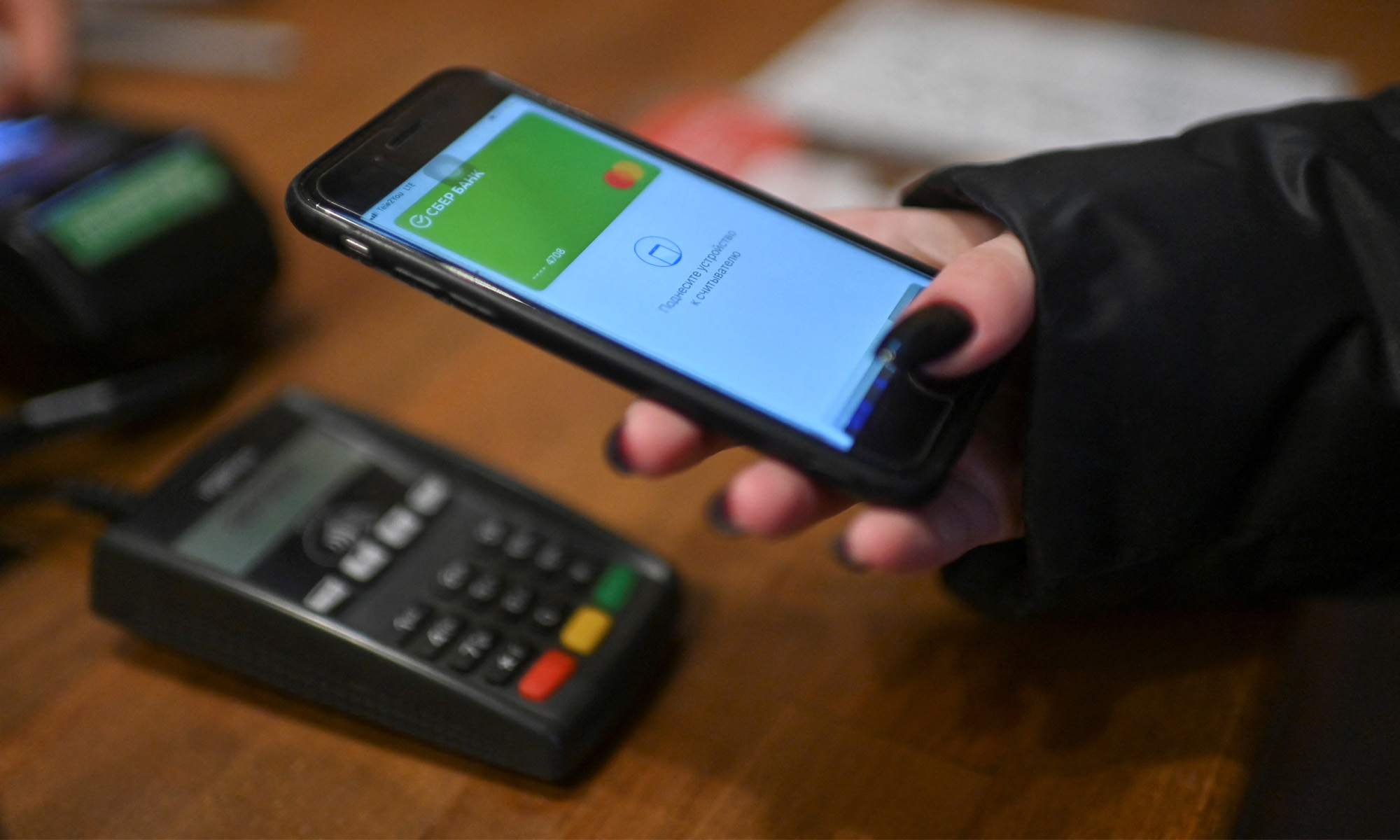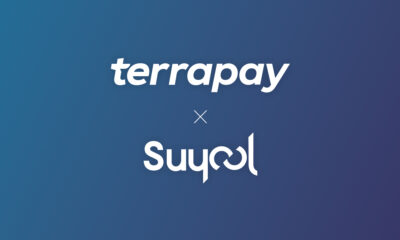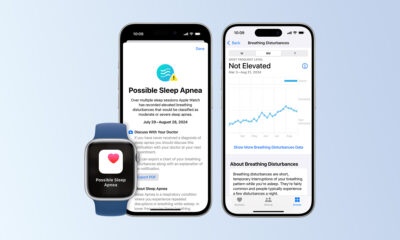News
Tourists Can Now Use Their Home E-Wallets In The UAE
A new partnership between Ant Group, Astra Tech and G42 enables seamless transactions for visitors without the hassle of currency conversions.

Dubai-based technology investment company Astra Tech, backed by Abu Dhabi AI company G42, has partnered with Alibaba’s payment platform Ant Group to enable tourists in the United Arab Emirates to pay for goods and services using their home e-wallets.
The new service will help to avoid the hassle of currency conversion, integrating the Alipay cross-border payment platform with Astra Tech’s PayBy merchant network.
When the system goes live later this month, over 1.4 billion wallet users will be able to make seamless transactions in their home currencies in 3,000 retail establishments and make speedy payments for trips in Abu Dhabi’s fleet of 7,000 taxis.
“Our milestone collaboration with Alipay aligns perfectly with the UAE’s commitment to enhancing the payment ecosystem and fostering a commerce-friendly environment,” explained Abdallah Abu Sheikh, co-founder of Astra Tech and chief executive of Botim.
The new service will primarily cater to tourists from China, South Korea, the Philippines, Thailand, Malaysia, Singapore and Italy. However, anyone who signs up for an Alipay, MPay, Kakao Pay, GCash, TrueMoney, and Tinaba e-wallet can enjoy the service.
The Astra Tech and Ant Group partnership will facilitate speedy settlement processes and smooth mobile-based transactions through Alipay in physical and online settings. Meanwhile, both Alipay and PayBy plan to expand the service to further boost spending from Asian and European visitors.
Also Read: A Guide To Digital Payment Methods In The Middle East
“Our alliance with Astra Tech not only opens the doors to a seamless and integrated digital payment experience at physical stores in the Middle East, but also propels us towards a new era of strategic collaboration,” said Guoming Cheng, Ant Group’s general manager of Europe and the Middle East.
The UAE is the Middle East’s second-largest economy and has begun investing heavily to expand its tourism sector. In May, Sheikh Mohammed bin Rashid, Vice President and Ruler of Dubai, announced that tourism sector spending had risen 70% to Dh121 billion ($33 billion) in 2022 — the highest in the region.
News
Samsung Smart Glasses Teased For January, Software Reveal Imminent
According to Korean sources, the new wearable will launch alongside the Galaxy S25, with the accompanying software platform unveiled this December.

Samsung appears poised to introduce its highly anticipated smart glasses in January 2025, alongside the launch of the Galaxy S25. According to sources in Korea, the company will first reveal the accompanying software platform later this month.
As per a report from Yonhap News, Samsung’s unveiling strategy for the smart glasses echoes its approach with the Galaxy Ring earlier this year. The January showcase won’t constitute a full product launch but will likely feature teaser visuals at the Galaxy S25 event. A more detailed rollout could follow in subsequent months.
Just in: Samsung is set to unveil a prototype of its augmented reality (AR) glasses, currently in development, during the Galaxy S25 Unpacked event early next year, likely in the form of videos or images.
Additionally, prior to revealing the prototype, Samsung plans to introduce…
— Jukanlosreve (@Jukanlosreve) December 3, 2024
The Galaxy Ring, for example, debuted in January via a short presentation during Samsung’s Unpacked event. The full product unveiling came later at MWC in February, and the final release followed in July. Samsung seems to be adopting a similar phased approach with its smart glasses, which are expected to hit the market in the third quarter of 2025.
A Collaborative Software Effort
Samsung’s partnership with Google has played a key role in developing the smart glasses’ software. This collaboration was first announced in February 2023, with the device set to run on an Android-based platform. In July, the companies reiterated their plans to deliver an extended reality (XR) platform by the end of the year. The software specifics for the XR device are expected to be unveiled before the end of December.
Reports suggest that the smart glasses will resemble Ray-Ban Meta smart glasses in functionality. They won’t include a display but will weigh approximately 50 grams, emphasizing a lightweight, user-friendly design.
Feature Set And Compatibility
The glasses are rumored to integrate Google’s Gemini technology, alongside features like gesture recognition and potential payment capabilities. Samsung aims to create a seamless user experience by integrating the glasses with its broader Galaxy ecosystem, starting with the Galaxy S25, slated for release on January 22.


























